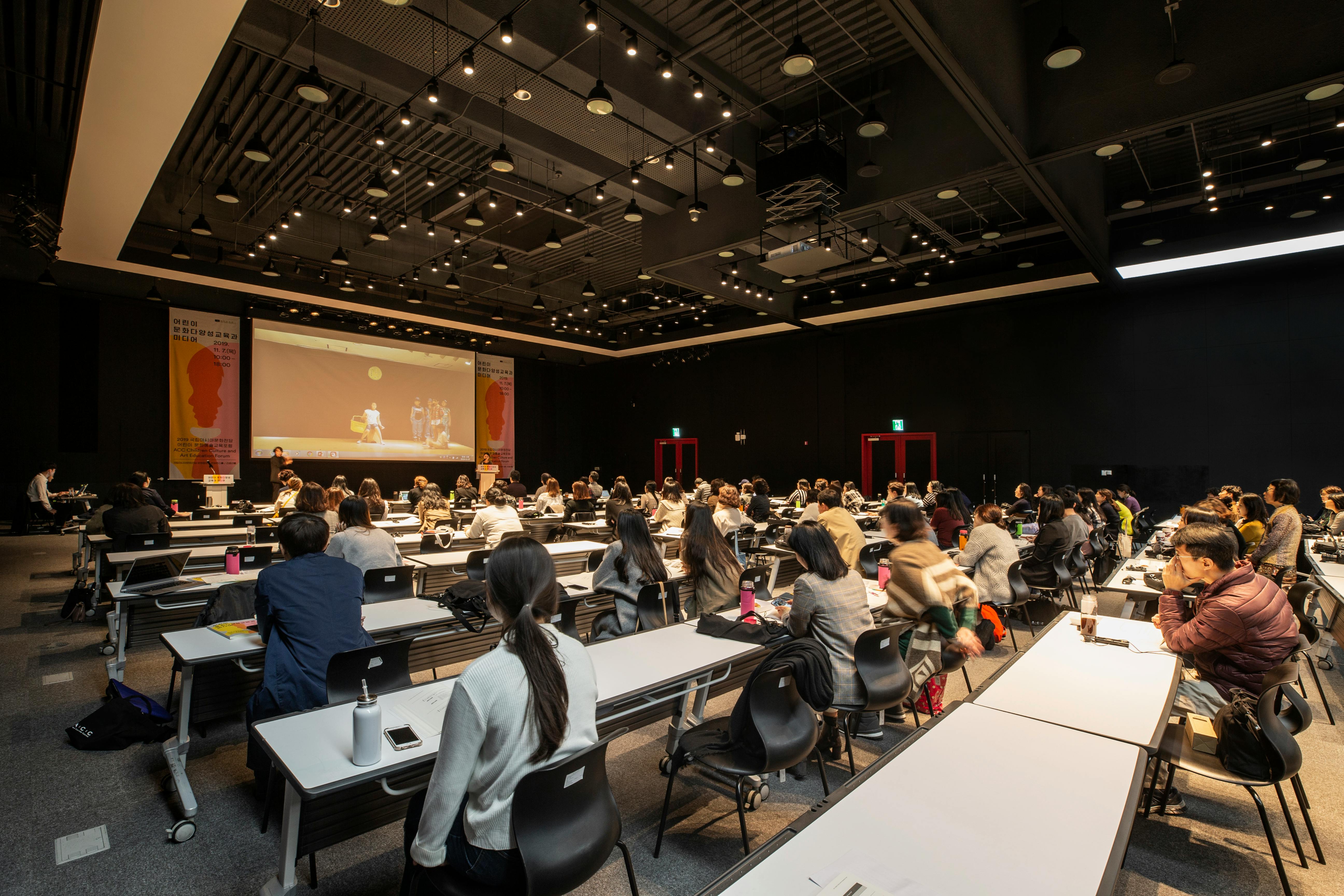
Your Roadmap To Engaging In Academic Conferences
Attending academic conferences opens doors to engaging discussions, fresh research, and valuable connections with others who share your interests. These gatherings offer an opportunity to discover the latest developments in your field, hear from experts, and connect with potential collaborators in a welcoming setting. You can exchange ideas, ask questions, and gain insights that might not be available elsewhere. Whether you have never attended a conference before or have some experience, learning how to prepare and what to anticipate helps you get the most out of each event. With the right approach, you can enjoy both personal growth and professional development during your time there.
In a conference setting, you have the opportunity to step away from the classroom routine and observe how your field develops in real time. This direct exposure to academic discussions often sparks fresh insights and boosts your confidence to further explore your research interests.
What Academic Conferences Are
Academic conferences come in many forms and sizes. You might attend full-day events, weekend workshops, or multi-day gatherings that combine lectures with hands-on sessions. Each type of meeting aims to share recent developments in a specific field, and most attendees leave with new ideas and experiences that influence their future work.
Here's a quick overview of some key aspects related to academic conferences:
- Different formats: from traditional lecture sessions to poster presentations and panel discussions.
- Important terms: abstracts, keynote, peer review, and session chairs help you understand how the event flows.
- Various sizes: local meet-ups often allow for more intimate discussions, while larger conferences can offer a broader range of topics and networking opportunities.
Choosing the Right Conference
Selecting a conference that matches your interests and goals involves considering several factors such as the subject area, the scope of the event, and the location. Taking time to identify the best event can lead to a more rewarding experience than attending something only partially aligned with your objectives.
Follow these practical steps to find a conference that suits you:
- Identify your research interests and professional goals.
- Search for events using academic directories, departmental notices, and trusted networking sites.
- Check the conference program for speakers and topics that interest you.
- Evaluate the event logistics, including dates, venue, and any costs involved.
- Reach out to past attendees if possible to gather firsthand impressions.
Getting Ready to Participate
Once you pick a conference, preparing well becomes essential. Organize your travel plans, understand registration procedures, and decide which sessions to attend. Doing so can help you feel more relaxed and ready to make the most of the event. Good preparation reduces surprises and makes your overall experience smoother.
Consider these important preparations:
- Register early to secure your spot and possibly benefit from early bird discounts.
- Plan your travel arrangements in advance, including accommodations and local transportation options.
- Create a rough schedule or conference plan by noting which sessions, workshops, or poster presentations interest you.
- Prepare your materials: business cards, a notebook, and digital devices for note-taking or research on the go.
Networking and Engaging Effectively
Building connections is one of the most exciting parts of attending conferences. Talking with fellow attendees through conversations, Q&A sessions, or coffee breaks can turn casual introductions into future collaborations. Push yourself to interact with as many people as possible and step out of your comfort zone.
Use these tips to connect with others:
- Introduce yourself confidently, and don't worry about being too formal—be friendly and approachable.
- Ask thoughtful questions during sessions; this can lead to further discussions and insights.
- Participate in small group discussions or social events where you can chat in a less formal environment.
- Follow up with new contacts after the conference via email or professional social networks.
Getting the Most Out of Your Conference Experience
During the event, staying engaged can significantly boost your learning and expand your professional network. Focus on the sessions most relevant to your goals, participate actively, and take notes to remember key points later. An organized approach during the conference can open doors to new opportunities in the future.
Use these practical tips to maximize your experience:
- Attend sessions that challenge your current ideas or provide new viewpoints.
- Participate actively by joining discussions and asking insightful questions.
- Take clear notes to capture valuable ideas and concepts for future exploration.
- Review the conference schedule multiple times throughout the day to catch any sessions you might have initially missed.
- Explore the exhibit area if available, as many events showcase emerging technologies and innovations.
Post-Conference Follow-Up
After the conference, many steps can help you build on the momentum you've gained. Organizing your notes, following up with new contacts, and reviewing what you learned can help solidify the ideas and relationships developed during the event. Reflecting on your experiences can guide your future decisions regarding academic or professional work.
Consider these follow-up actions once the event ends:
- Send quick emails or messages to thank speakers and new contacts for their time and insights.
- Organize your notes and materials to highlight the sessions that impacted you most.
- Share your key takeaways with peers or mentors and discuss potential collaborations or projects.
- Try implementing one small change or idea from the sessions into your daily work or research.
Your journey into academic conferences opens doors to new ideas and valuable connections. Taking clear, practical steps before, during, and after an event can lead to exciting academic and professional opportunities.
Each conference expands your knowledge and experience in your field. Join the conversation today.